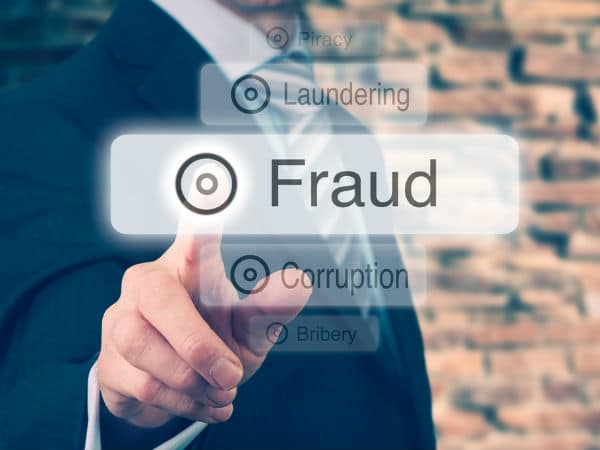Financial Fraud: Six Individuals And 14 Corporate Entities Convicted In Activities Related To An Alleged Mail Fraud Scheme
Nevada District Court Permanently Enjoins 20 Defendants Connected To A Multi-Million Dollar Mail Fraud Scheme
LAS VEGAS, Nev. – A federal court in Las Vegas, Nevada, permanently enjoined six individuals and 14 corporate entities from activities related to an alleged mail fraud scheme, the Department of Justice announced today.
In a complaint filed in February 2018, the United States alleged that the defendants mailed thousands of fraudulent solicitations each week. The solicitations purported to inform recipients that they had won large cash or prize packages, but needed to pay a fee to claim the winnings. The solicitations were styled as individual notices and stressed to recipients that they must return the requested fee quickly. According to the complaint, some of the solicitations contained what appeared to be handwritten notes congratulating the recipients on their good fortune, while others reassured recipients that the letters were not a scam. Individuals who sent the requested fees did not receive the expected prizes. The complaint alleged that the Las Vegas-based scheme defrauded consumers out of more than $10 million.
“Consumers should be able to open their mail without encountering false promises of wealth,” said Assistant Attorney General Joseph H. Hunt for the Department of Justice’s Civil Division. “The Department has and will continue to relentlessly pursue schemes like this one.”
“Some of these defendants constantly changed their schemes in attempts to stay one step ahead of the law,” said Delany DeLeon-Colon, Inspector in Charge for the U.S. Postal Inspection Service. “These results make clear that we will peel back the layers, find the individuals behind these schemes, and hold them to account.”
The complaint alleged that defendant Patti Kern orchestrated the activities of the other individual defendants, all of whom live in the Las Vegas area. The complaint alleged that defendants Edgar Del Rio, Sean O’Connor, and Epifanio Castro printed the solicitations; defendant Andrea Burrow opened and processed victim responses; and defendant Stephen Fennell managed the scheme’s lists of recipients. The solicitations were mailed under a plethora of company names, including 11 of the entities named as corporate defendants in the complaint.
The district court entered a default judgment against 11 defendants today and previously entered consent decrees against the nine other defendants named in the complaint. Those orders prohibit the defendants from mailing solicitations like those identified in the complaint, as well as from engaging in activities related to such mailings, including receiving, handling, or opening any victim mail responding to solicitations and using or benefiting from lists of victims who previously responded to solicitations. Additionally, the orders authorize the U.S. Postal Inspection Service to open mail that was detained by law enforcement and return payments to the scheme’s victims.
The matter was handled by Trial Attorney Jacqueline Blaesi-Freed of the Civil Division’s Consumer Protection Branch, in coordination with the United States Attorney’s Office for the District of Nevada and the United States Postal Inspection Service. Additional information on the original enforcement actions and Department of Justice’s efforts to combat elder fraud is at: https://www.justice.gov/opa/pr/justice-department-coordinates-nationwide-elder-fraud-sweep-more-250-defendants.





